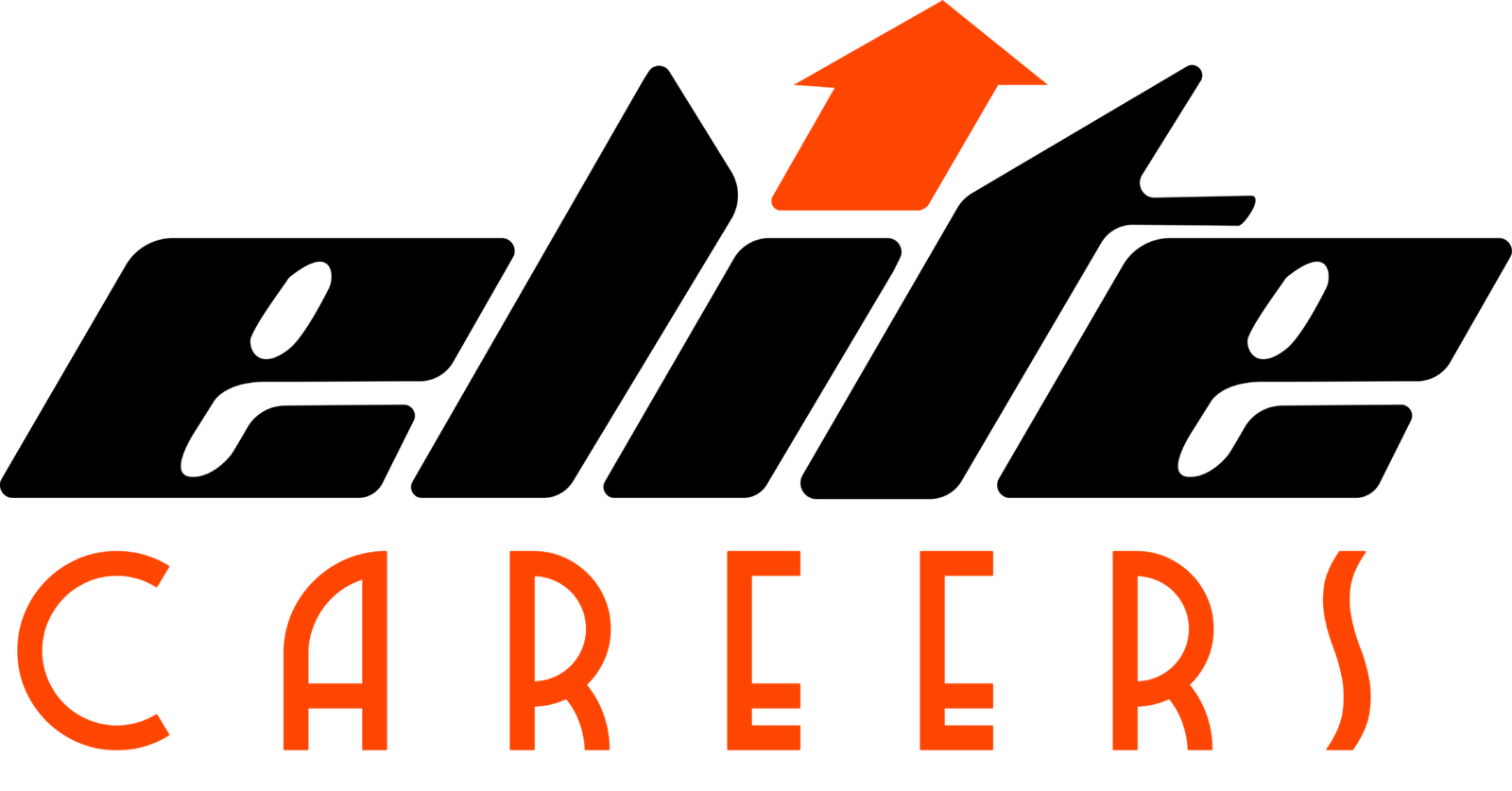Selling point- why you want this job

Interviews are the most crucial stage of a job recruitment process. The structure is designed to determine the best candidates for the job position. What recruiters look for in the selection process are skills, experience, and personality. While many candidates meet the requirements, it takes being able to convince the interviewer to land the job. This is referred to as your selling point.
The question that requires this answer is, “why do you want this job?” The reply may look easier than it seems, but this is where most IT professionals miss out.
Many IT professionals think their skills are enough and instead focus on them. Some often assume highlighting their experiences would gain the interviewer’s attention. This article aims to provide insight into how to present your unique selling point in an interview process.
Why do tech companies pose the question in the first place?
Often, applicants do little or no research about the company they apply to. These candidates are oblivious of the system, organizational structure, and principles and ironically hope to impress the recruiters. This poor preparation is a solid setup for interview failure.
The interviewer looks to see if the applicant shares in the company’s values and if their long-term career goals align with its vision. They want to hear how the position fits into your broader career goals and how it will contribute to your development. They also want to see your motivation for choosing to work for them.
What you should do to prepare for the inquiry, “Why do you want this job?”
- Review the company: Before the interview, find out what the company’s vision is and what drives them. Job recruiters place a premium on candidates that take the time to read up on their history, values, and principles. To recruiters, it shows some level of interest in working with them. Think of ways to present yourself as having this same value system. According to Isaiah Hankel, CEO Cheeky scientist, you should focus on what the company needs and what you do well.
- Focus on your accomplishments: facts and stats tingle the ears of interviewers. When you talk about how you solved the cybersecurity challenge of a data-based company or oversaw the successful launch of a software update that changed the face of a brand, you are selling yourself. Interviewers want to hear about those accomplishments related to the job you are applying for. So, brag about giant strides and those key accomplishments of yours that drew accolades. Do not forget to talk about the awards you won.
How to present your unique selling point: “Why do you want this job?”

The question is basically asking, what your selling point is. Your approach to this question should be how you would market a product. You want to present yourself in a pleasant manner and as a stand-out candidate. You would need to be persuasive enough and communicate in a way they do not forget your interview session easily.
Your speaking skills can decide the success of the interview. Choose a style and approach that feels natural to you and reflect enthusiasm in your tone, facial expression, zeal, and body language.
It is important that you respond with excitement. Your enthusiasm comes over in everything you say. Go straight to the point. Avoid unnecessary preambles that amount to wasting of time.
In your response, you can also talk about former workplace encounters, apprenticeships, or tech courses that sparked your interest in the field. Talk about the products you have managed in the past and why their organization is no different from where you have worked. Use examples to show your potential employer that you have the competence and abilities for the position while also highlighting your tech interests. Then, using these encounters, aspirations, and illustrations, tie them to the job role.
When answering this question, do not just give a pre-learned response you have written down. You can request a moment to gather your thoughts and then go all blazing through.
The interview phase can be quite tricky, and you may need sessions to prepare for it. Your selling point will determine whether the recruiters would resist picking other candidates over you.
At Elite careers, we have a team of experts is well-versed in handling the interview phase. Our proven step-by-step tutorials come with excellent practice interview tools to quickly bring you up to standard. The interview preparation package also grants you access to our mock interview session that simulates the interview session. Our goal is to make you excellent at interviewing, so let us help you ace those interviews. Find out more about our coaching services when you book an appointment with us.








